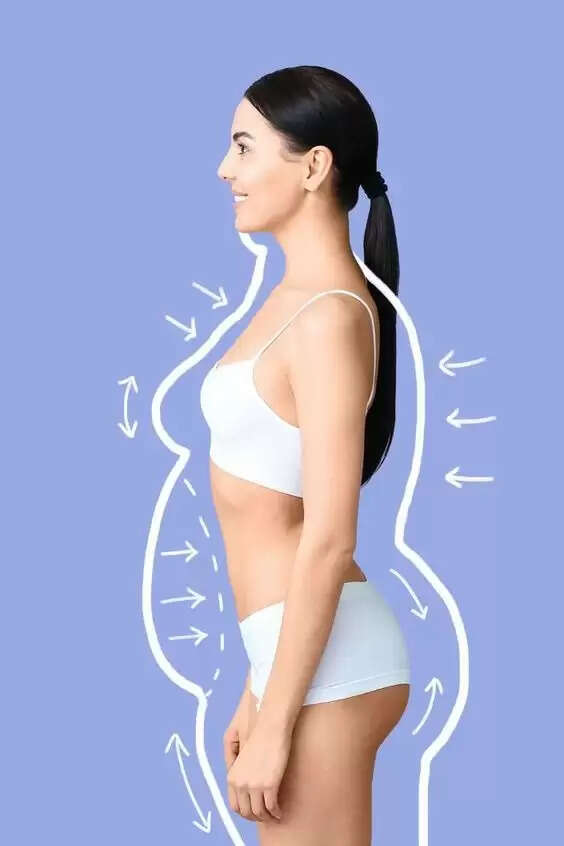Slimming Down the Smart Way: Discover the Science-Backed Top 5 Weight Loss Methods
When you're ready to lose weight, you want to do it once and for all—the right way. Because the lose-gain-lose-gain cycle? It's a path no one wants to take.

When you're ready to lose weight, you want to do it once and for all—the right way. Because the lose-gain-lose-gain cycle? It's a path no one wants to take.

Most importantly, your weight-loss plan should include habits you can stick to for good, says Megan Williams Khmelev, a board-certified obesity and family medicine physician in San Antonio, Texas. But beyond that, there are some weight loss habits that will help you succeed now and in the future. Here are the best ways to lose weight based on science.

1. Don't try to lose too soon.
Get overzealous and try to lose weight too quickly, and it's easy to get frustrated. That is because extreme goals are difficult to achieve. Even if you are able to stick with a very restrictive diet temporarily, will it be sustainable in the long run? Probably not. According to the Centers for Disease Control and Prevention (CDC), the best rate to aim for is one to two pounds of weight loss per week.
2. Focus on foods that are high in protein and are overall healthy.
"In a general sense, low carb, high protein is the goal," says Williams Khmelev. Protein helps you feel more satisfied during and between meals than any other nutrient. In addition, eating a high-protein diet helps you maintain lean body mass during weight loss, research shows. That's why Williams Khmelev generally recommends that his patients try to get at least 30 percent of their daily calories from protein. Research supports that approach: According to a 2015 review of current research published in The American Journal of Clinical Nutrition, eating a high-protein diet can help you lose weight and feel fuller.
3. Keep track of what you eat.
Whether you use a digital tool like the WW app or a written log, research has found that recording what you eat can be valuable. "This is one of the strongest evidence-based ways to facilitate weight loss," says Williams Khmelev. For example, a study published in the Journal of the Academy of Nutrition and Dietetics found that women who kept a food journal for a year lost about four percent more weight than those who did not. The method you choose is ultimately up to you, but tracking your food can make a real difference.
4. Be as active as possible.
Life and work have a funny way of making exercise difficult, but if you want to lose weight and keep it off, activity can really help. When combined with eating better, increasing your activity level can lead to 20 percent more weight loss than changing your eating habits alone. And research confirms that physical activity is the single best predictor of who keeps weight off and who doesn't. The US That may be why the Department of Health and Human Services currently recommends at least 150 minutes of moderate-intensity aerobic exercise per week, as well as strength training at least twice a week.
5. Try to get more sleep.
Does this surprise you? Sleep may seem random when it comes to weight loss, but research shows it's an important component. A study published in the Annals of Internal Medicine found that people who followed a low-calorie diet and slept only five and a half hours a night lost less fat than those who slept eight and a half hours. Hormones may be a factor: Research has found a link between not getting enough sleep and increased production of ghrelin, which makes you hungry.
